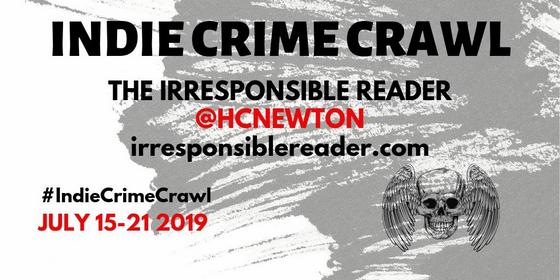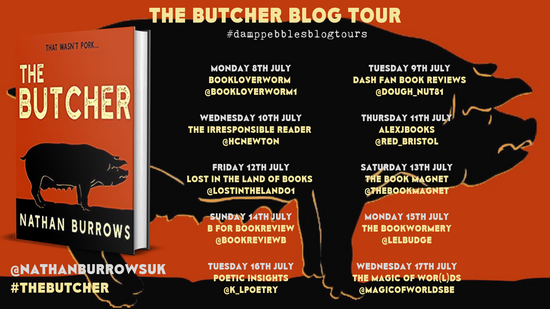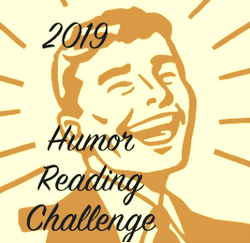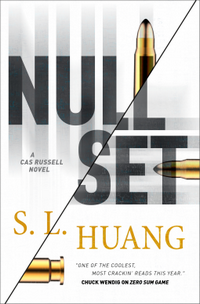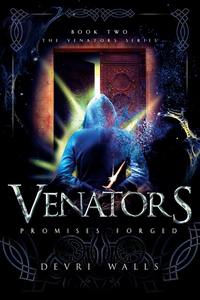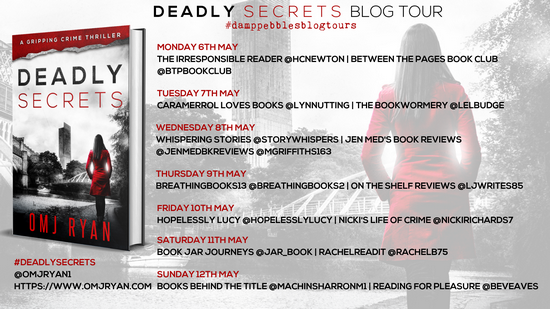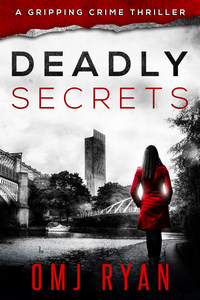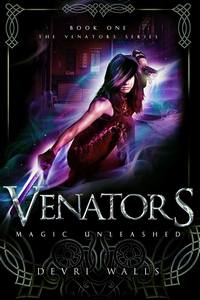(slightly updated)
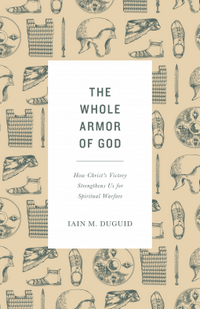 The Whole Armor of God: How Christ’s Victory Strengthens Us for Spiritual Warfare
The Whole Armor of God: How Christ’s Victory Strengthens Us for Spiritual Warfare
by Iain M. Duguid
eARC, 128 pg.
Crossway, 2019
Read: July 28, 2019

When I was in High School, it would’ve been easy to get the idea that the central defining pericope for the New Testament believer’s life was Ephesians 6:10-18 — thanks to Frank Peretti, Carmen, ETW, and the like. The idea was this is a call to arms — notably with a stirring call to victory — to stand against Satan’s schemes and wrestle with the spiritual forces. It’s a militant type of sanctification, and while well-intentioned, it’s sloppy exegesis and ignores too many other things that Paul, Peter, other apostles, and the rest of Scripture tell us about the struggle of faith and the slow work of repentance. Of course, that was a long time ago, and many of those names would be unfamiliar to people (especially contemporary high schoolers), but the ideas are not. I know that Duguid is familiar with this because he talks about it in Chapter 1, which was pretty encouraging, because I’d mentally drafted this paragraph before I started the book.
After that dash of synchronicity, Duguid goes on to describe the armor Paul is actually describing in the passage — the armor that God Himself wore into battle and now provides for His people to wear. The rest of the book is devoted to him showing how Christ’s work and benefits are depicted through this armor. He spends a chapter per piece of armor: The Belt of Truth, The Breastplate of Righteousness, Gospel Boots, The Shield of Faith, The Helmet of Salvation, The Sword of the Spirit and Praying Always. He traces the use of the imagery throughout Scripture, showing Paul’s lines of thought — primarily through the Psalms and Prophets. These are not new ideas that Paul introduces to the Ephesians, but part of the warp and woof of redemptive history.
Yes, frequently Duguid calls his readers to use the armor in ways similar to the abuses I mentioned above (abuses might be too strong a word in some cases, but I think it fits the overall movement). But he does so while they’re properly rooted, and done in faith. And that’s always the last thing in his chapters.
Primarily, this book is an encouragement for the believer. I remember when I first encountered Reformed Theology what a revolutionary and wonderful thing it was to discover that the Gospel is for Christians, too. Duguid’s main task is demonstrating how each part of the armor is Good News for those united to Christ by faith first and foremost. There are parts of this book that I’ll go back to for further study on that point alone.
There are moments of evangelism for the non-believer as well. For the Gospel is to be indiscriminately proclaimed and this book reflects that as much as it argues for it.
Yes, I wish the book was about twice as long and a little more detailed and technical. But that’s not the intention, nor the audience he’s writing for, so I’m not complaining, just noting. Iain Duguid isn’t William Gurnall and doesn’t try to be (the book would be about six times as long if he was), but he does follow similar trajectories. Duguid writes crisply, clearly and effectively. So much so that it’d be easy to breeze through the book without giving it the thought its subject deserves. There’s a lot of meat for reflection and consideration here, and the discriminating reader will take advantage of it — hopefully, less-than-discriminating readers will, too.
I enjoyed this a lot, and will likely be giving copies as gifts, as well as returning to it myself. Recommended for all ages.
Disclaimer: I received this eARC from Crossway via NetGalley in exchange for this post — thanks to both for this.
—–

![]()





